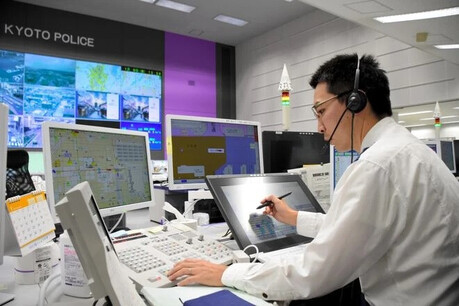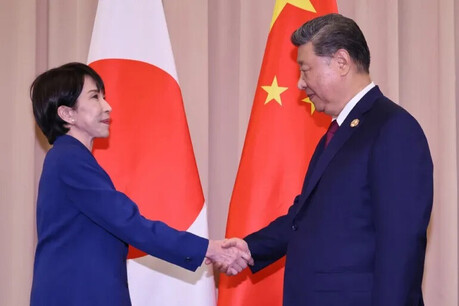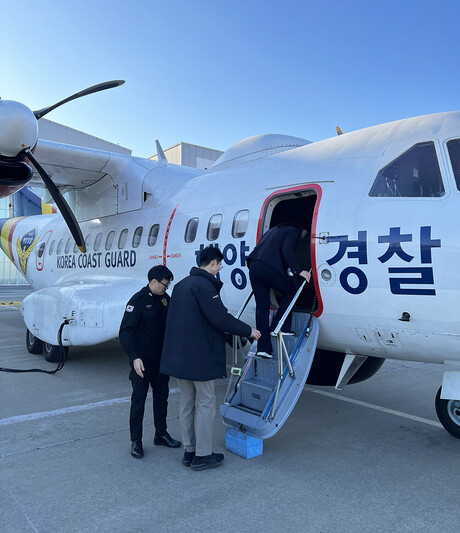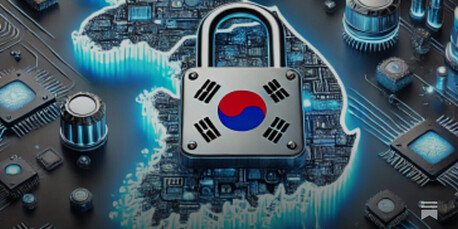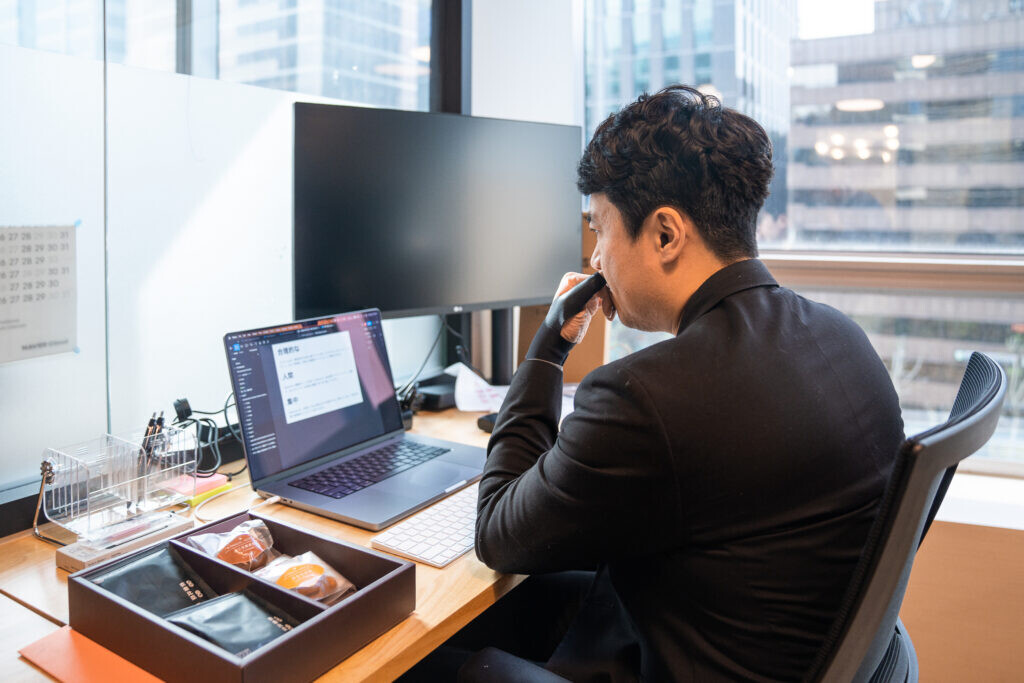
Seoul, South Korea – South Korea's gaming industry, once a beacon of innovation, is facing a growing crisis as employees grapple with excessive workloads and uncertain job prospects. A recent survey conducted by the Korea Creative Content Agency revealed that the average workweek for game industry employees has been steadily increasing, reaching 44.4 hours in 2024. This is despite the introduction of a 52-hour workweek in 2018 and stricter labor regulations.
The surge in workload is attributed to several factors, including intensified competition from Chinese game companies, rising consumer demands, and the pressure to deliver new content frequently. A team leader at a prominent domestic game company, who requested anonymity, shared that the workload has more than doubled in the past decade. "The competition with Chinese companies, coupled with the expectation to meet ever-changing user demands, has significantly increased our working hours," he said.
The pandemic-induced shift to remote work has also been reversed, with many companies returning to in-office work. While remote work offered flexibility, it was perceived by many as less productive. "We experienced a significant drop in productivity during the pandemic, which has made us hesitant to promote remote work," said a team manager at another gaming company.
The practice of "crunch mode," where employees work excessively long hours leading up to a game release, remains prevalent. Although the percentage of employees experiencing crunch mode has decreased slightly, the average number of hours worked during these periods has increased.
Job security has also become a major concern for game industry workers. A significant portion of respondents expressed anxiety about their future employment, citing factors such as uncertain job prospects and the risk of layoffs.
The survey findings highlight a growing disconnect between the demands of the gaming industry and the well-being of its workforce. As the industry continues to evolve, it is imperative for companies to prioritize employee health and work-life balance while striving to maintain their competitive edge.
[Copyright (c) Global Economic Times. All Rights Reserved.]
















